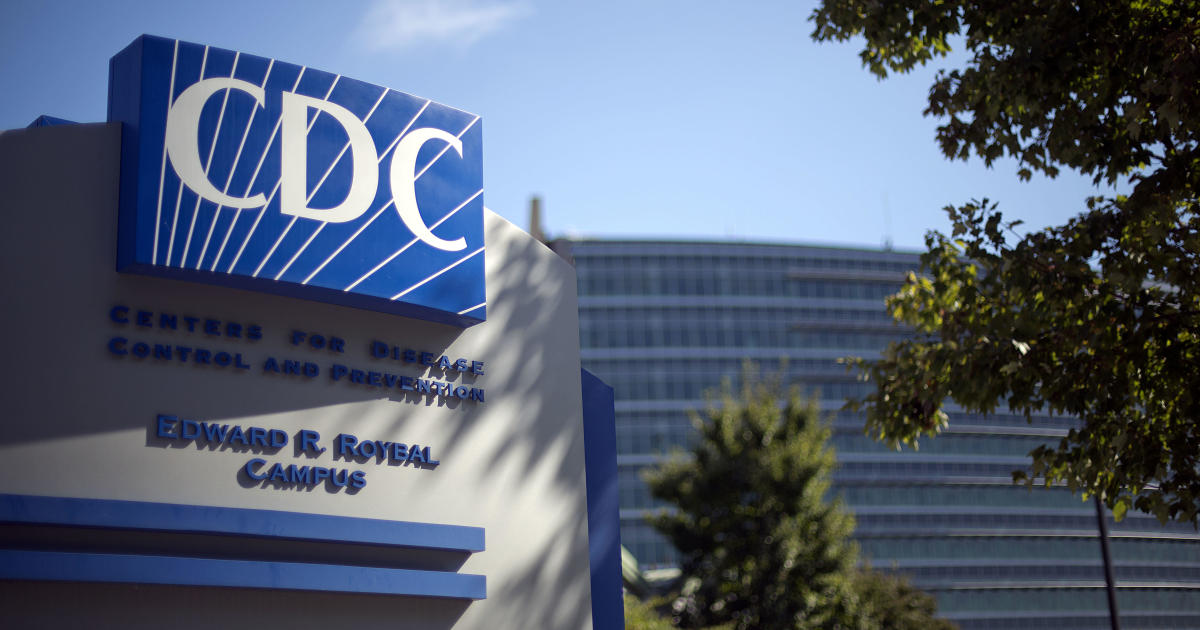AFM still a "bit of a mystery" amid peak season for polio-like illness
There's a new government warning about acute flaccid myelitis, or AFM, a serious polio-like illness that mainly strikes young children.
So far, the CDC says there are 11 confirmed cases in eight states, and more are expected. We're currently entering peak season for the disease. Last year's outbreak of the disease, which can cause paralysis and life-threatening breathing problems, infected a record 233 patients.
AFM is still "a little bit of a mystery" to researchers, according to CBS News medical contributor Dr. Tara Narula. The "best theory" researchers have, she said, is that AFM may be caused by a family of viruses known as enteroviruses.
"The idea is that the virus specifically attacks the motor neurons in the spinal cord, [and] that causes the weakness," she said. "It could also be an inflammatory and immune reaction that's damaging those nerves."
But lots of questions remain – like why the virus affects some kids, but not others. "If the virus is in the same family, one sibling might get this and the other one doesn't," she said. Researchers also aren't sure why cases of the virus spike every other year, or occur mostly in the summer and fall.
Usually, kids who contract AFM have had an acute respiratory illness or a fever in the month proceeding new symptoms, Narula said. New symptoms include sudden onset weakness or paralysis in the arms or legs, a facial droop, trouble speaking or swallowing, or difficulty moving their eyes.
"The big concern is if it affects the respiratory muscles, they can have trouble breathing, and that can happen very quickly where they may end up on a ventilator," she said. In the new numbers released by the CDC, she added, 20-30% of the AFM cases required ventilatory support, and 60% required admission to the ICU.
For children who do contract AFM, there's not yet a "great treatment" other than intensive physical therapy, rehab and other supportive care, Narula said. And patients' futures are similarly unknown: "Some kids have had a long-term paralysis months or years after this," she said.
Last year, CBS News spoke to the family of Sebastian Bottomley, a 7-year-old who was paralyzed by the illness. Now, almost three years after he was diagnosed, Bottomley has been through more than 2,000 hours of physical therapy and still struggles to walk.
"It's been a long road and it's still an ongoing process," said Sebastian's mother, Christa Bottomley. She said her son's journey began in 2016, when his cold turned into the polio-like illness and left him paralyzed from the neck down.
CBS News reported on Sebastian's fight to walk again in 2018. At that time, he re-learned to dress, eat and stand by himself. But now, learning to walk again is a slow, grueling process.
"While he is able to move most of his body after all the work that we've done, it is still a struggle for him to walk," Bottomley said. "If we have to go distances he mostly is in the wheelchair."
Since Sebastian became sick, he's been in intensive rehab everyday. "He feels very frustrated when he remembers what he used to be able to do and now he can't," Bottomley said. "But, he's also feeling excited about what he is learning to be able to do."
"It's been a long journey to get here," she added, "but I think he is feeling encouraged and hopeful."




